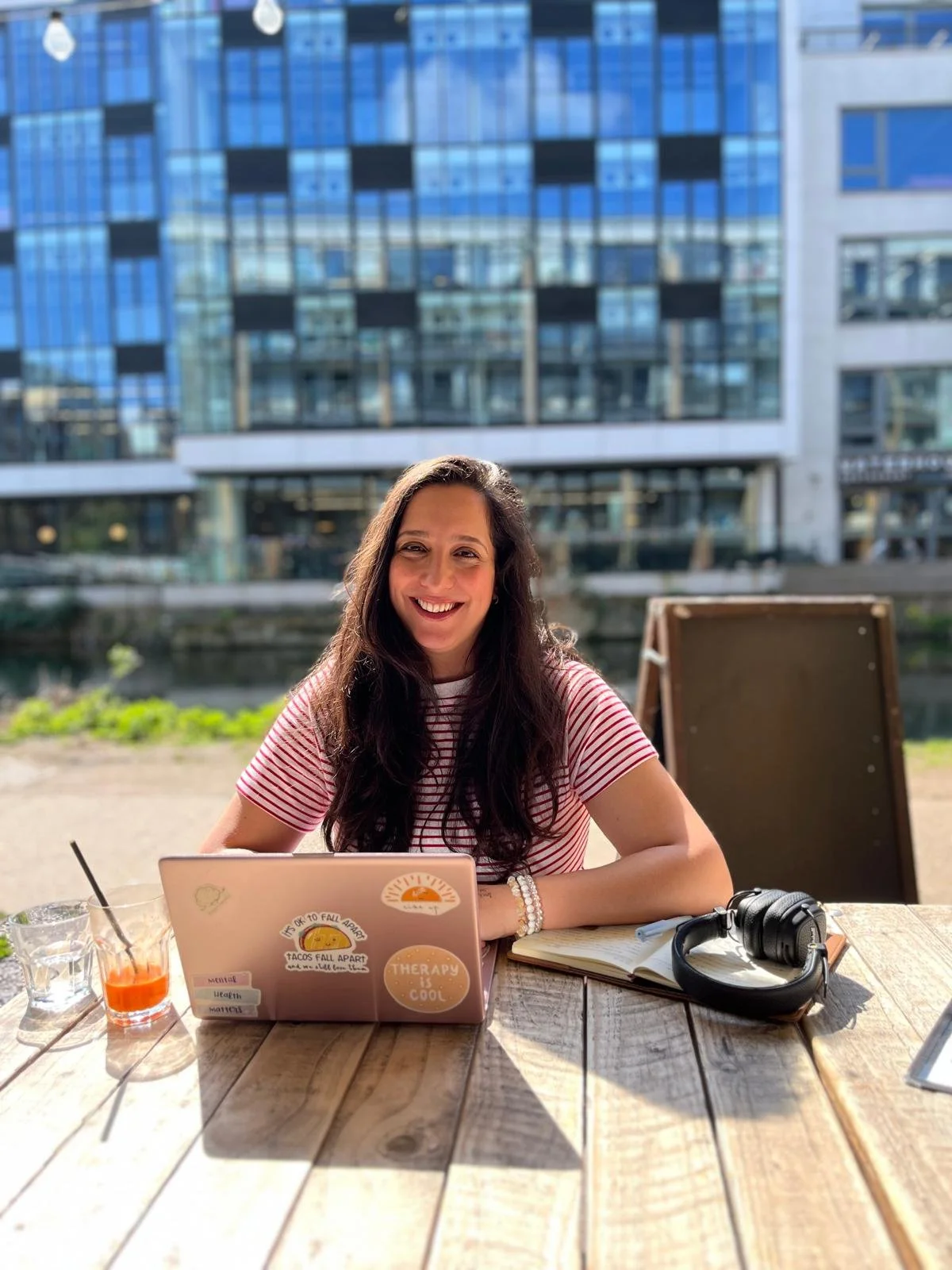Let's begin a conversation that's different
If you're considering therapy, I'd love to hear from you. Please use the form below or email me directly. I'll respond as soon as possible.
Luise WEINER
adifferenttherapist@gmail.com
+44 (0) 7905 255 975
Response Time
Within 24 hours

